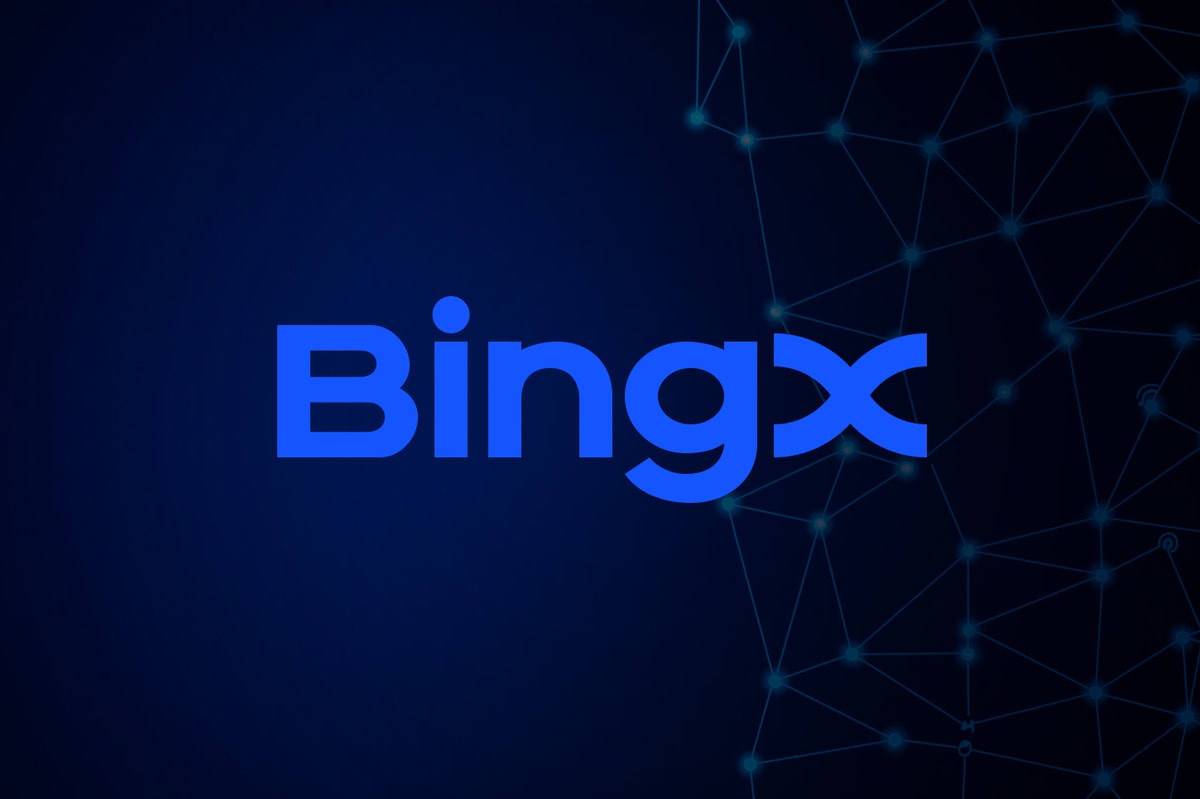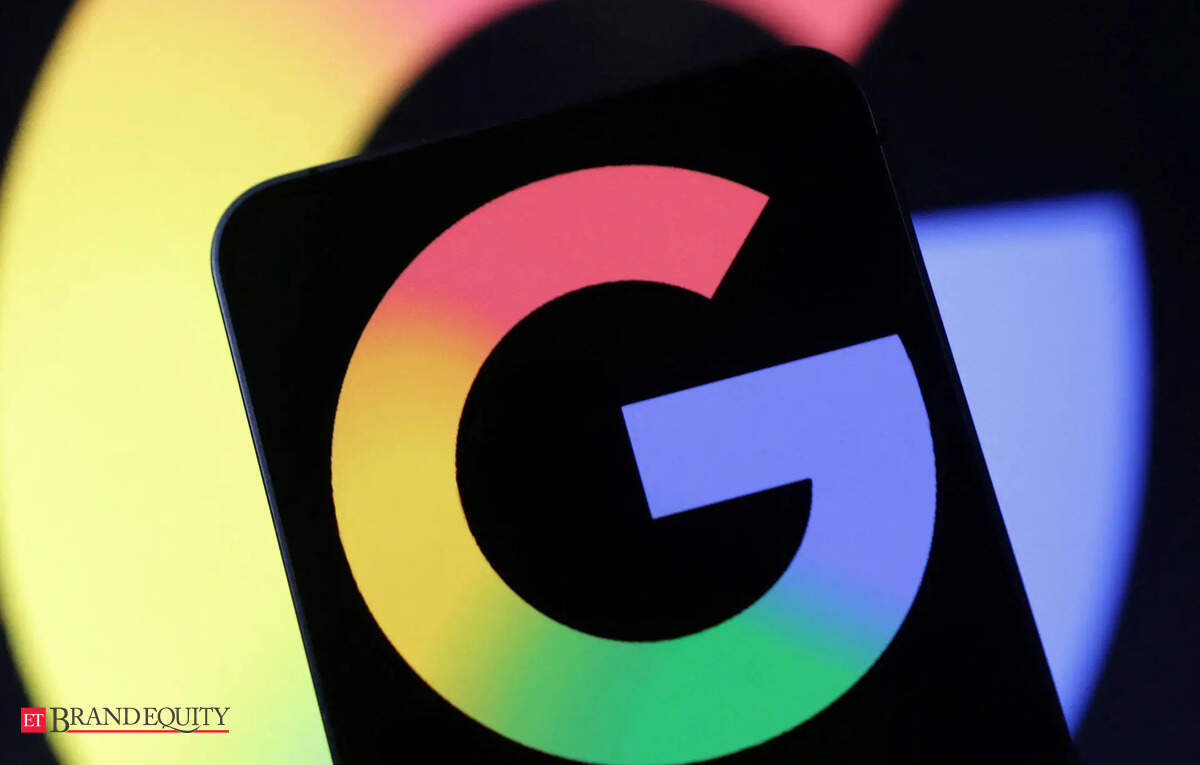WhatsApp Introduces 'Private Processing' for Enhanced AI Chat Privacy

Meta, the parent company of WhatsApp, is launching "Private Processing," a new optional feature designed to enhance user privacy when interacting with Meta AI. This system ensures that user data is not stored or accessible by Meta, WhatsApp, or third parties after the AI session concludes. Private Processing employs Oblivious HTTP (OHTTP) via third-party relays to separate user identity from request content.
Meta emphasizes that this function will be optional and is expected to roll out in the coming weeks. The company claims the system is designed with both privacy and auditability in mind, featuring enhanced protections against external and internal threats. Meta has also taken steps to make the system verifiable by independent parties and more resistant to cyberattacks, further aligning itself with evolving privacy standards in the tech industry.
Private Processing is a confidential AI interaction system being added to WhatsApp that enables users to interact with Meta AI without leaving data traces that can be accessed later. When enabled, it provides a temporary processing session for tasks such as generating AI summaries, retrieving information, or engaging in chat-based queries, all without storing or linking the user’s messages to identifiable metadata once the interaction ends.
Key characteristics of Private Processing include:
- User-initiated and entirely optional
- No retention of messages after the session ends
- Unauditable by Meta, WhatsApp, or third-party vendors post-session
- Supports end-to-end encryption principles
Once the AI completes a user’s request, the session data is discarded, ensuring that the system does not retain user messages, even temporarily, for future use. Even if a hacker gains access to Meta’s infrastructure, they would be unable to access historical Private Processing interactions.
Meta is integrating Private Processing into its bug bounty program, encouraging ethical hackers to identify potential vulnerabilities before launch. A detailed security engineering design paper will be released ahead of the full rollout, outlining the architecture, privacy logic, and threat models. Meta will allow independent audits to verify that the feature meets stated privacy expectations and performs securely in real-world environments.
The Private Processing model bears similarities to Apple’s Private Cloud Compute (PCC), a system introduced for confidential cloud-based AI interactions. Both aim to achieve secure, privacy-respecting processing outside the user’s device by using advanced cryptographic protocols and secure hardware environments.
A core component of Private Processing is its reliance on Oblivious HTTP (OHTTP), a web standard that separates IP address visibility from the content being processed. Requests made to Meta’s servers are relayed through independent third-party providers, ensuring that Meta can see the request content but not the user’s identity, and the relay provider sees the IP address but not the content. This privacy split ensures no single party has access to both the user’s identity and request content, creating a privacy-preserving pipeline for AI queries.
To maintain public trust, Meta has built in mechanisms for external verification, including allowing independent researchers and privacy watchdogs to audit Private Processing. The bug bounty program enables ongoing white-hat testing. A soon-to-be-published security white paper will provide the technical blueprint of the system, enabling academic scrutiny. Meta’s approach aligns with emerging industry standards demanding that privacy-focused claims be independently verifiable and not rely solely on corporate assurances.
The introduction of Private Processing indicates a growing shift in how large tech companies balance AI capabilities with user privacy demands. As more users become concerned about data surveillance, profiling, and cyberthreats, features like Private Processing represent an effort to offer control back to the user while still allowing for advanced functionalities like chat-based AI support. With messaging apps becoming hubs for AI-powered tools, ensuring confidentiality of queries and outputs is critical to maintaining both compliance with global privacy regulations and user confidence.
According to Meta, Private Processing will be available to WhatsApp users in selected regions in the coming weeks, rolling out initially as an opt-in feature and eventually integrating more AI capabilities as the infrastructure matures and proves secure. Users will be able to enable or disable the feature from within WhatsApp’s AI tools settings, giving them complete control over when and how their data is processed.










